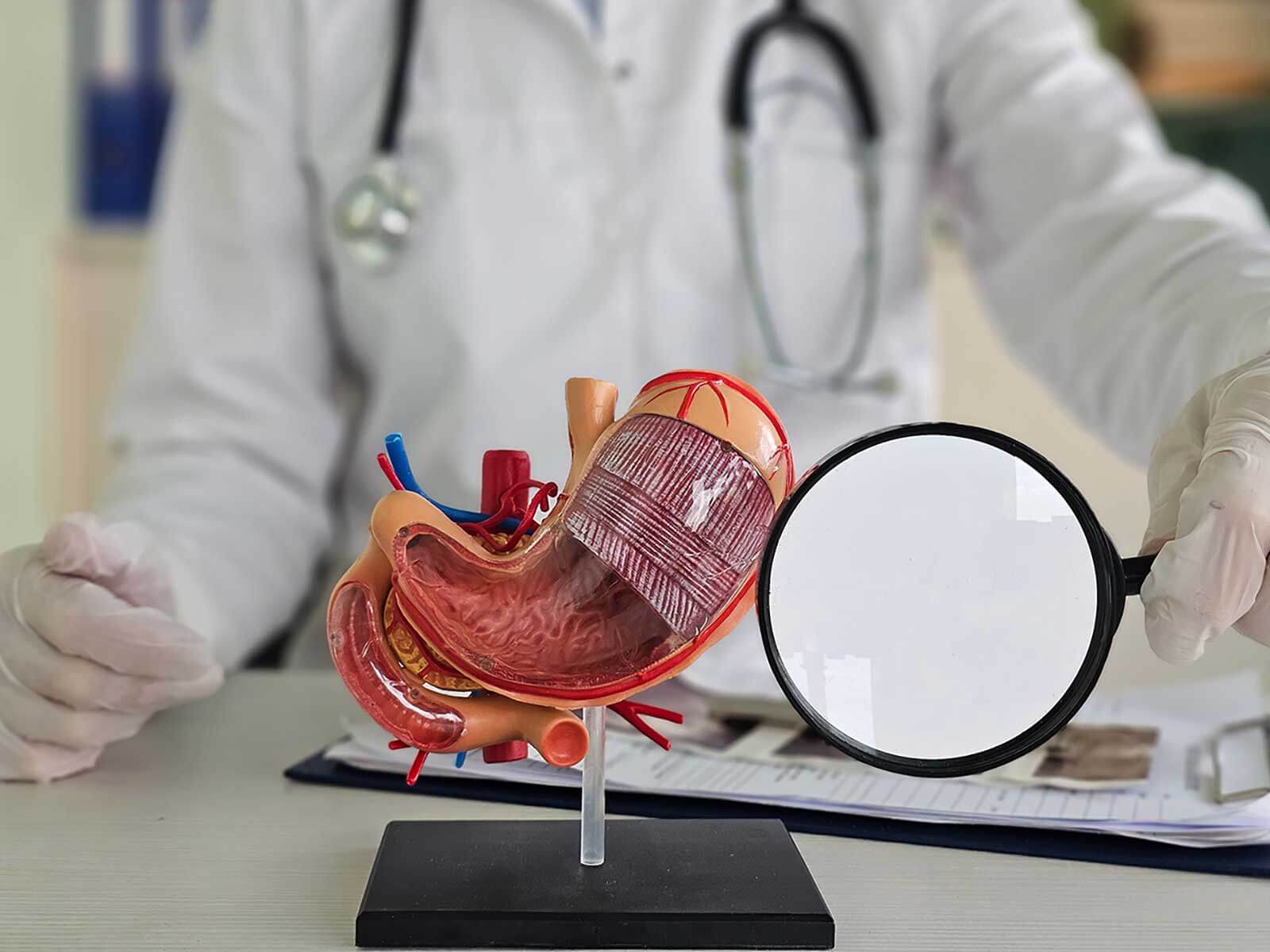
Gastritis Lymphocytic Lymphocytic Gastritis is a scarce occurrence of stomach inflammation parented with a confuse of lymphocytes (type of white blood cell) in the stomach lining. It is established through and as shown by biopsy through upper endoscopy and falls under with ICD-10 of K29.5.
You can get either or all of the following:
The exact cause is unknown most of the time but realized risk factors are:
At the GastroDoxs we take the personal approach in the management of lymphocytic gastritis. Our board-certified board gastroenterologists will incorporate high-end diagnostics and to individual care plans, improved to have you back on track to feel your best. Act fast reserve your future appointment in Houston by calling 832-476-1649 or coming to our Web site.
We've successfully treated more than 1.5K patients, helping individuals improve their digestive health and overall well-being through expert, personalized care.
With over 20 years of experience, GastroDoxs has been a trusted provider of gastroenterology care, focusing on delivering the best outcomes for patients
Lymphocytic gastritis is an uncommon inflammatory disease where lymphocytes (white blood cell) are fluidised in the stomach mucosa and leads to irritation and intestinal symptoms.
It usually presents itself with upper abdominal pain or burning, nausea sometimes with the occasional oral vomiting, premature fullness after eating, bloating, indigestion, appetite loss and light weight loss.
It is diagnosed through upper endoscopy using biopsy. A pathologist analyses the stomach tissue sample whether it has more gastric lining lymphocytes.
The lymphocytic gastritis code under the ICD-10 is K29.5.
Detailed report of the lymphocyte counts and other pertinent results in your gastric tissue will be presented to you by your gastroenterologist or in the pathology laboratory.
No. Lymphocytic gastritis is not malignant. The inflammation however can at times mimic other more Alarming conditions that may be seen on imageries or endoscopy so a Biopsy is necessary.
Although it may be very uncomfortable and incompletive in the case where it has not been treated, lymphocytic gastritis can be treated with the right group of medications, change in diet and overview of the underlying cause that may have triggered the condition.
Yes. It is possible to prevent inflammation and the symptoms with avoiding trigger foods, including gluten (sensitive or celiac disease), spicy foods, alcohol, and NSAIDs.
GastroDoxs is a place in Houston that you can appoint. We have a gastroenterologist who is board-certified in socializing and treating lymphocytic gastritis.
Whenever your stomach is in constant pain, sleep is rapidly disappearing off you, you are developed with chronic indigestion or other digestive complications that something over the counter fails to do, it is time to see a gastroenterologist.